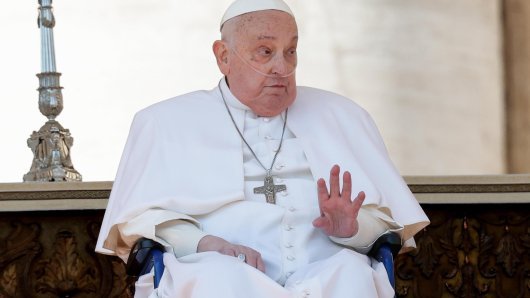Croatia is celebrating Independence Day on Monday, commemorating 8 October 1991, when the Croatian parliament unanimously decided to sever all state and legal ties based on which Croatia and the other republics and provinces made up the Socialist Federal Republic of Yugoslavia (SFRY).
With that historic decision, the Croatian parliament established that Croatia no longer considered as legitimate or legal any body of the SFRY and that it did not consider as valid any legal act of any body acting on behalf of the federation which no longer existed as such.
The decision stated that based on the principle of reciprocity, Croatia recognised the independence and sovereignty of the other republics of the former SFRY and that it was willing to establish, maintain and develop friendly, political, economic, cultural and other ties with those republics with which it was not engaged in an armed conflict.
The decision said that as a sovereign and independent state which guaranteed and ensured the fundamental human and ethnic minority rights, Croatia was willing to enter into inter-state and inter-regional associations with other democratic states and that it would continue establishing rights and obligations in relation to the other republics of the former SFRY and the former federation.
The decision was adopted three months after the Brijuni Declaration whereby Croatia committed to a three-month postponement of the declaration of independence and sovereignty at the request of the European Community, which demanded the Yugoslav crisis be solved peacefully.
That moratorium expired on 7 October 1991, when the former Yugoslav People's Army shelled the Croatian government building in Zagreb with the intention to kill the first Croatian President, Franjo Tudjman, and the members of the then government and parliament. The attack took place at 3.03 p.m. One person was killed and four were lightly injured.

































